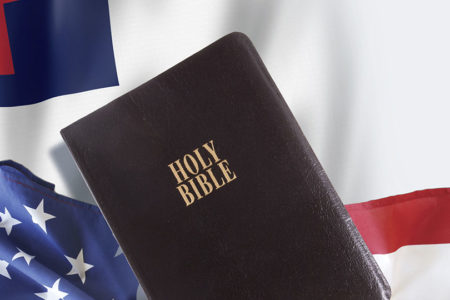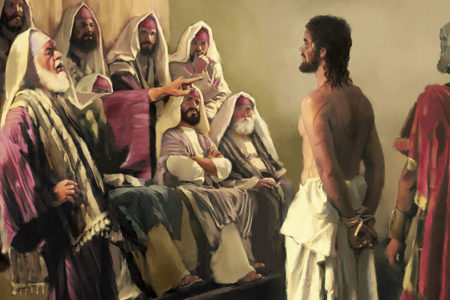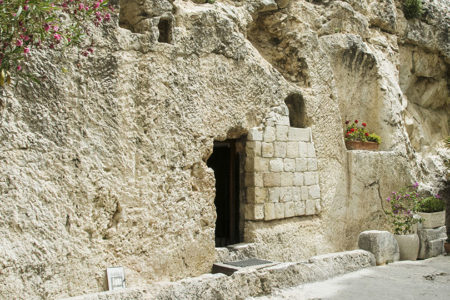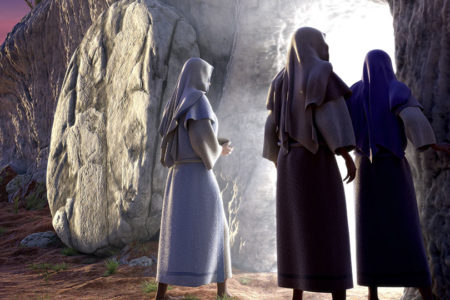Inside View Mar/Apr 2014
Communion at the Garden Tomb is always one of the highlights of our Up to Jerusalem tours to Israel. As I sat in the serene gardens on our tour last fall, preparing to celebrate communion with our group, I reflected on the first communion our Savior instituted, only a short distance away from where we were, and was reminded again how Replacement Theology has impacted the church.
Jesus initiated the first communion 2,000 years ago on Passover (Lk. 22:7–13). During the Passover meal that evening (vv. 19–20), He took bread, broke it, gave it to His disciples, and told them it was to remind them of His body, which was given for them. Likewise, He took the cup after the meal and gave it to them as a reminder that He was shedding His blood for them. Jesus called it the cup of the New Covenant.
The fact that His great suffering, crucifixion, and resurrection coincided with the Jewish holiday of Passover was not an accident. It was divine timing. Through Moses, God instituted Passover for the Jewish people enslaved in Egypt (Ex. 12:1–29). God prescribed the exact details for slaying unblemished yearling lambs and placing their blood on the doorposts and lintels of Jewish homes. He also commanded the Jewish people to remember the Passover each year as a holy day. Later, He codified it in the Law He gave to Moses.
Passover was God’s way of teaching about redemption and defining His requirements for an acceptable sacrifice that would deliver people from His judgment for sin. To this day, the Passover seder is celebrated in Jewish homes each year.
On the Hebrew calendar, Passover is observed on Nissan 15–22. Because the Hebrew calendar is lunar and based on 29-day and 30-day months, the corresponding dates on our Gregorian calendar vary from year to year. Some years, Passover is celebrated in March; other years, in April. This year it begins at sundown April 14 and ends at sundown April 22.
Jesus died on Passover. His last meal, which He celebrated with His disciples immediately before His arrest, was the Passover seder. It would seem reasonable that the church would always celebrate Easter on Passover. But in the first few centuries of the church, as Gentiles became the majority, church leaders began despising the Jewish people. Their dislike eventually turned to hatred.
Then hatred gave rise to Replacement Theology, or Supersessionism—the idea that the church has superseded or replaced Israel in God’s plan. This was a case of first developing a theology, then turning to Scripture to try to justify it. One of the outcomes of Replacement Theology was a decision to disassociate the Bible and the Christian faith from anything Jewish. Thus the Bible came to be seen as a thoroughly Christian Book.
At the Synod of Antioch in AD 341, the Roman church adopted Canon I, which forbade any Christian from observing Easter when the Jewish people observed Passover, under threat of excommunication. It adopted a method of setting the date for Easter on the first Sunday following the paschal full moon that follows the spring equinox. Thus the church severed Easter from Passover. Had it not been for Replacement Theology, we likely would celebrate Easter in conjunction with the Jewish holiday.
Although The Friends of Israel wholly rejects Replacement Theology, we still follow the traditional church calendar. Is this wrong? Well, Christ is honored whenever we celebrate His resurrection, regardless of the date. However, the date teaches us that Replacement Theology is far-reaching, even affecting churches that reject it.







